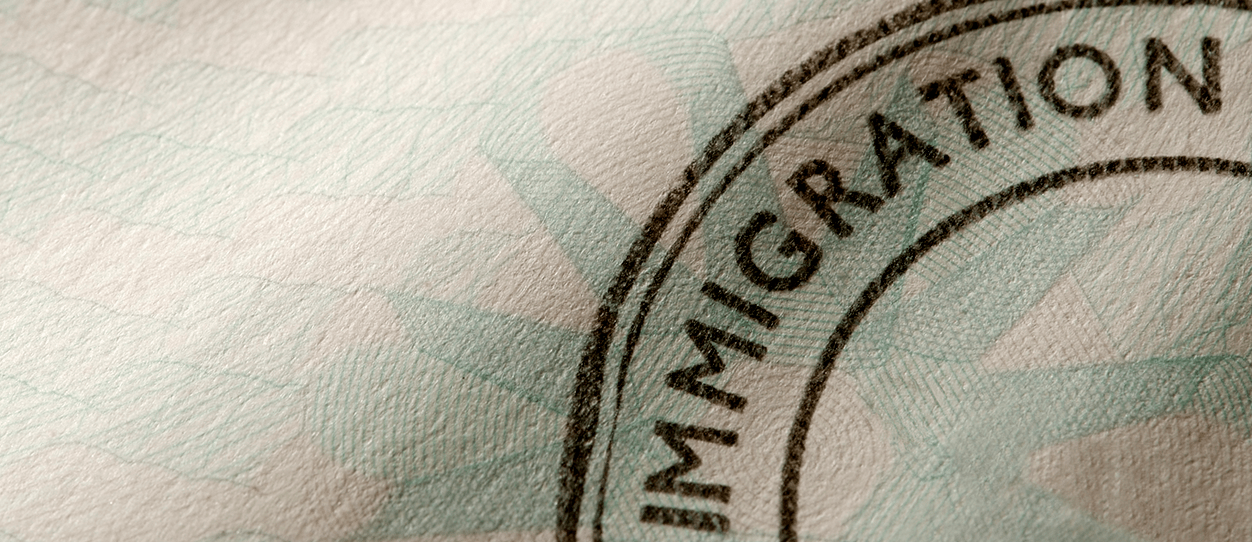On May 29, 2020, President Donald Trump issued a proclamation to block certain Chinese nationals associated with entities in China that implement or support China’s “military-civil fusion strategy”1 from entering the United States on F or J visas. The proclamation become effective June 1, 2020, at noon ET and will remain in effect until terminated by the president.
The premise for the proclamation is that China is engaged in a “wide-ranging and heavily resourced campaign to acquire sensitive United States technologies and intellectual property, in part to bolster the modernization and capability of its military, the People’s Liberation Army (PLA)” that represents “a threat to our Nation’s long-term economic vitality and the safety and security of the American people.”
Who Is Impacted?
The proclamation targets solely Chinese postgraduate students and postdoctoral researchers seeking F or J visas. This raises the question, what are F and J visas?
- F-1 status is granted to foreign nationals to attend school in the U.S. at various educational levels, including high school, undergraduate, and graduate levels, among others. At present, solely graduate level F-1 visas are impacted.
- J-1 status is granted to a broad spectrum of foreign nationals, including physicians, researchers, scholars, university professors, teachers, au pairs, interns, and trainees. The proclamation impacts only those who are using J-1 status as postgraduate scholars or researchers.
The proclamation impacts intending F-1 and J-1 graduate-level and higher students and researchers from China who (1) receive funding from or who are currently employed by, study at, or conduct research at or on behalf of an entity in China that implements or supports China’s military-civil fusion strategy or (2) have been employed by, studied at, or conducted research at or on behalf of an entity in China that implements or supports China’s military-civil fusion strategy.
Who Is Exempt?
Undergraduate students, lawful permanent residents of the United States (green card holders), and spouses of U.S. citizens or lawful permanent residents are exempt from the restriction. The following categories are also exempted subject to a determination by the Secretary of State and the Secretary of Homeland Security, in consultation with the appropriate executive departments and agencies:
- A foreign national who is studying or conducting research in a field involving information that would not contribute to China’s military-civil fusion strategy
- A foreign national whose entry would further United States law enforcement objectives, based on a recommendation of the U.S. attorney general or his designee
- A foreign national whose entry would be in the national interest
Who Will Make the Determinations?
The Secretary of State is provided authority to revoke the visas of any Chinese nationals currently in the United States in F or J status who meet the aforementioned criteria. The proclamation is sparse on details as to what criteria the Secretary will use to make these assessments, aside from stating that the Secretary will establish his own standards and procedures to identify all Chinese nationals seeking F and J visas to the U.S. who are affiliated with the study or research of any field that would potentially contribute to China’s military-fusion strategy.
It is clear that the foregoing will have broad impact on universities as Chinese students already accepted to and seeking to travel to the United States for the upcoming academic year, 2020-2021, are denied visas. For employers, this poses extraordinary disruption as they seek to replace workers currently in F-1 or J-1 status and working pursuant to authorization granted as part of their post-curricular optional practical training.
1 For the purposes of the proclamation, the term “military-civil fusion strategy” means actions by or at the behest of China to acquire and divert foreign technologies, specifically critical and emerging technologies, to incorporate into and advance China’s military capabilities.
